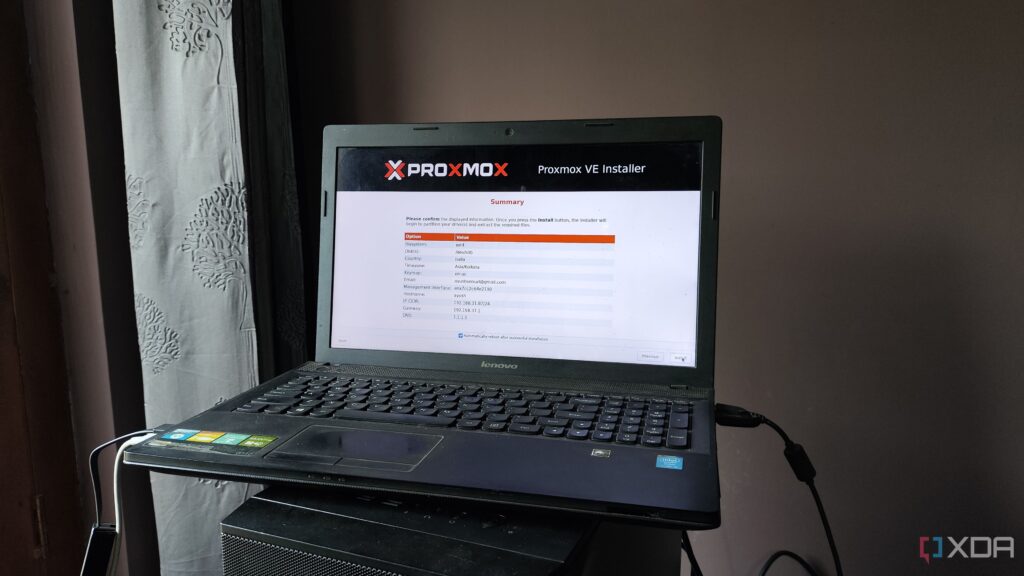
UPDATE: New insights reveal that old laptops can be transformed into powerful Proxmox nodes, making them ideal for self-hosting and experimentation. This development is particularly relevant for tech enthusiasts and DIY server builders looking to maximize resources without breaking the bank.
The latest findings highlight that even laptops over ten years old can efficiently run Proxmox, a popular open-source virtualization platform. With just a minimum of 1GB RAM and an x86 processor compatible with virtualization, these aging machines can run multiple containers and virtual environments seamlessly.
Why does this matter RIGHT NOW? As energy costs rise and space becomes a premium, repurposing old laptops into Proxmox nodes offers a practical solution. Unlike bulky server setups that require extensive space and power, laptops boast a smaller footprint and significantly lower energy consumption. This means you can operate your home lab without turning your living space into a furnace or skyrocketing your electricity bills.
For instance, one user successfully converted a decade-old Lenovo G510 into a Proxmox node, hosting over a dozen services through containerized environments. This setup remains efficient, with CPU and memory utilization not exceeding 50%. This demonstrates how effectively older hardware can perform without needing costly upgrades.
Moreover, troubleshooting becomes simpler with old laptops. Built-in screens and input devices eliminate the need for managing multiple peripherals, making it easier for users to address issues quickly—a crucial factor in home lab setups where minor configuration errors can lead to major connectivity problems.
However, potential risks should be noted. Many users may worry about the health of the laptop’s battery. While it can serve as a temporary uninterruptible power supply (UPS), keeping the battery plugged in continuously can lead to swelling and potential hazards. Experts recommend removing the battery if possible or using smart plugs with overcharge protection to mitigate these risks.
This practical approach to utilizing old laptops aligns with growing trends in sustainable technology and resourcefulness in computing. As more individuals look to harness the power of virtualization without incurring hefty costs, the repurposing of old hardware into functional nodes is set to become increasingly popular.
Stay tuned for more updates on this trend and how you can turn your old hardware into a valuable asset in your tech arsenal.





